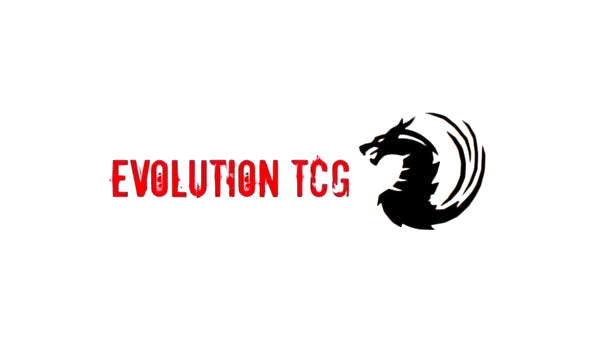How the Yu-Gi-Oh! TCG Managed to Survive in Suriname
A story of passion, community, and resilience in a small Caribbean/South American nation
Yu-Gi-Oh! isn’t just a game, it’s a global phenomenon. And while much of its history has been written in Japan, the U.S., and Europe, there’s a lesser-known but equally passionate scene in a small country on the northeastern coast of South America: Suriname.
Despite limited resources, logistical challenges, and a lack of official support from Konami, Yu-Gi-Oh! found a way to survive and even thrive in Suriname thanks to a dedicated community of duelists who refused to let the game die.
📺 The Anime Spark That Lit the Flame
Like many other countries, the Yu-Gi-Oh! TCG boom in Suriname began in the early 2000s, when the anime started airing on local TV. Kids across Paramaribo and beyond were captivated by the epic duels of Yugi, Kaiba, and Joey. Even if they didn’t understand all the rules, it didn’t matter, the show was enough to create a new generation of duelists.
Starter decks like Joey, Pegasus, and Kaiba made their way into the country through family trips, visiting relatives, or the occasional toy store. Soon enough, duels were happening in backyards, garages, and schoolyards across the capital.
🏬 Flamingo Store and the “Unofficial” Golden Age
By 2006, one of the key turning points came when Flamingo Store, a local sponsor and fan of the game, began organizing unofficial Yu-Gi-Oh! tournaments. With custom banlists and rule tweaks (yes, even Chaos Emperor Dragon and BLS were banned, despite being legal in Traditional Format!), these events took on a unique local flavor.
What started as a modest event quickly exploded into something much bigger: 150–200 participants at its peak. No official Konami support. No organized play structure. Just raw community hype and love for the game. In a country with a population of just over half a million at the time, those numbers were impressive.
🤝 The Community Steps Up
When Flamingo’s tournaments came to a halt in 2010, it could have marked the end. But it didn’t. Two passionate players, Rudolph and Jason, refused to let the momentum die. They stepped up and started hosting more balanced, community-driven tournaments using Advanced Format rules.
Even without official stores, tournament kits, or prize support, they made it work—securing venues, spreading the word, and building trust. Their efforts inspired others, and eventually more organizers joined in.
Instead of competing, organizers collaborated. Players would help transport chairs, bring mats, share decklists, and lend cards. In a place with limited access to the latest products, the focus was never on who had the meta, it was about who could make the most of what they had.
🛠️ Surviving Without the Supply Chain
Access to booster boxes, tins, and singles was always a challenge. With no official distributor and limited online ordering options, players had to get creative. Locals would:
-
Buy sealed product while traveling abroad
-
Import cards through friends and family
-
Trade heavily within the community
-
Repurpose old cards and decks
Cards that might be considered "bulk" elsewhere were gold in Suriname. Every trade mattered. Every new pack opened was an event.
The Global Connection
Even with limited infrastructure, Suriname’s players weren’t isolated. Thanks to online communities and platforms like YouTube and DuelistGroundz, they followed the meta, learned advanced strategies, and kept up with the rest of the world.
Eventually, some players, including myself, moved abroad for studies or work. But many of us never left the game. Instead, we brought the spirit of Suriname’s Yu-Gi-Oh! scene with us, organizing events in new countries, trading cards, and even starting businesses.
A Legacy of Grit and Passion
Today, the Yu-Gi-Oh! scene in Suriname may not be as large or organized as those in Europe or North America, but it still exists—and it’s still driven by the same values: community, creativity, and love for the game.
This story isn’t just about nostalgia. It’s a reminder that with enough passion, a game can thrive anywhere, even in places where the odds seem stacked against it.
If you grew up dueling in Suriname, you were part of something truly unique. And if you didn’t? Now you know what made our community special.
Share Your Story
Were you part of the Yu-Gi-Oh! community in Suriname? We'd love to hear your memories. Drop a comment below or tag us on Instagram!
